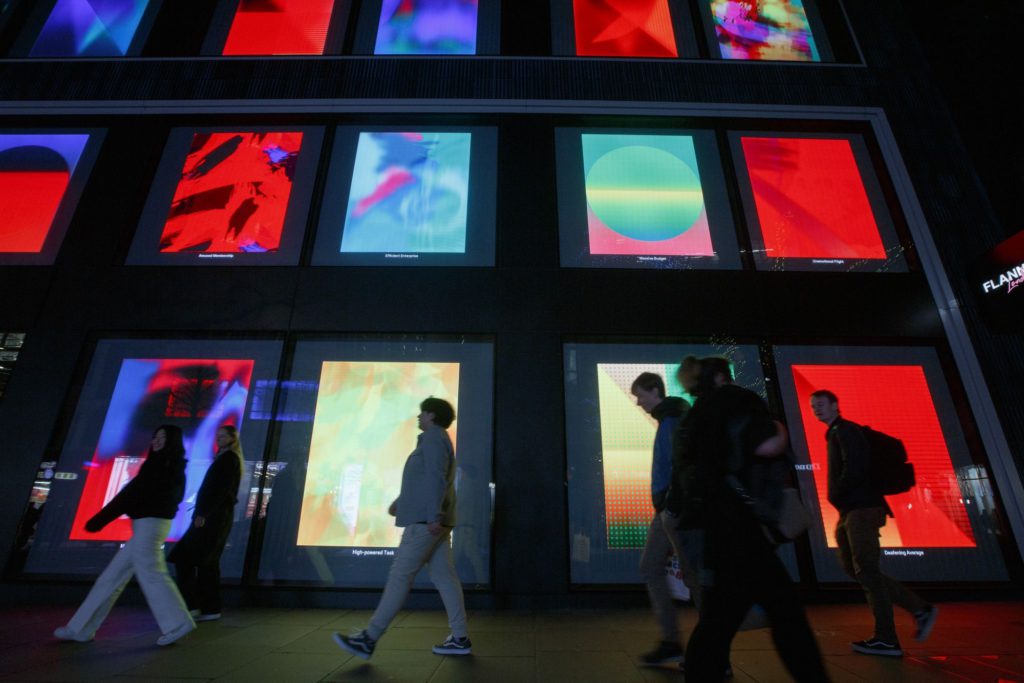NFT sales initially offered artists added potential income through secondary sale royalties. But many digital platforms are making these royalties optional.
- Listen to Bloomberg Crypto on the iHeartRadio App
- Listen to Bloomberg Crypto on Apple Podcasts
- Listen to Bloomberg Crypto on Spotify
(Bloomberg) — Evangelists of web3 – a term popularized by venture capitalist Chris Dixon – will often say that a big goal of the whole thing is giving more power to creators, and especially monetary power.Web3, these proponents say, allows artists, musicians, and creators of all stripes to cut out middlemen and intermediaries and to retain more of the financial benefits of their work. In other words, why pay a platform or an agent when you can keep all your royalties yourself?That’s where things get complicated. If you’re a musician or an artist and you sell your work as an NFT, you’ll definitely get paid the first time you sell that song or piece of art. But what happens if the person who bought it sells it to someone else? In the idealized world of web3, you’d get a royalty on that sale – automatically. In reality, most of these transactions aren’t setup that way.For more on the current state of NFTs, and how platforms are thinking about royalties, Bloomberg crypto reporter Olga Kharif and Lauren van Haaften-Schick join this episode. Lauren is an Andrew W. Mellon Postdoctoral Fellow at Wesleyan University’s Center for the Humanities.
Follow us on Twitter @crypto, and subscribe to the Bloomberg Crypto Newsletter at https://bloom.bg/cryptonewsletter
This podcast is produced by the Bloomberg Crypto Podcast team: Supervising producer: Vicki Vergolina, Senior Producer: Janet Babin, Producers: Sharon Beriro and Muhammad Farouk, Associate Producers: Mo Andam and Ty Butler. Sound Design/Engineer: Desta Wondirad.
More stories like this are available on bloomberg.com
©2022 Bloomberg L.P.











